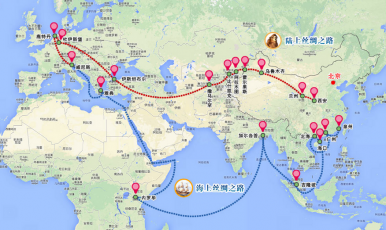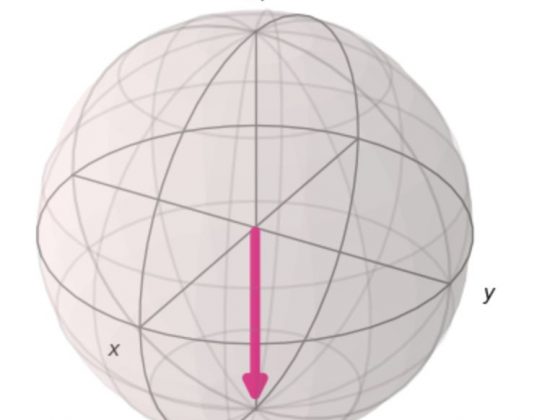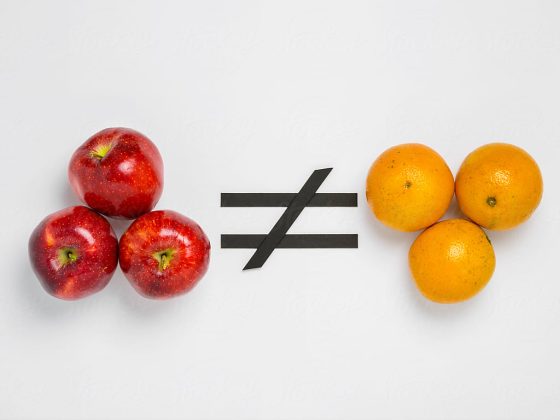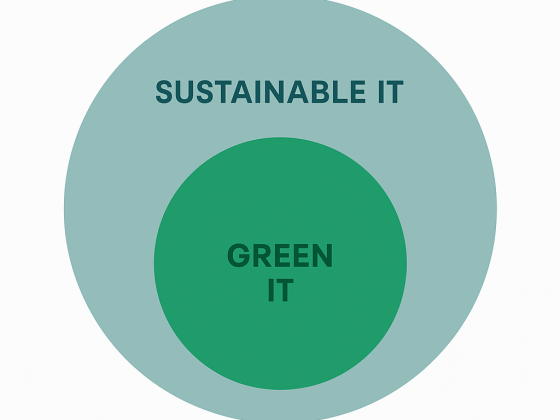Chinese ecommerce is booming. Ecommerce platforms like Alibaba.com (B2B) and Taobao Marketplace (C2C) are serious competitors of eBay and Amazon. But it has to keep a keen eye on its domestic competitors like Tencent and JD.com. That’s why it is interesting to see Alibaba is becoming the exclusive distributor of Salesforce in China. But first, why is TestingSaaS interested in Chinese ecommerce?
China and the ancient Silk Road
As you maybe have read in an earlier post, I am a huge fan of ancient explorers, especially the adventures of Marco Polo and his Silk Road and China adventures. When the Chinese president Xi Jinping announced in september 2013 he wanted to initiate a new Silk Road I got intrigued. I am no trader, but interested in how China was going to do this challenging endeavour.
One Belt One Road
To build a new Silk Road you have to design a new infrastructure. China wants to do this on land by roads and train rails , but also by sea. This initiative is called One Belt One Road, in 2016 wisely renamed Belt and Road Initiative, because it is not one transportroute. There are many, like the ancient Silk Roads.
Why the New Silk Road?
The Eurasian countries were the main part of the ancient Silk Road, They were the corridor between Europe and China. But, because the New Silk Road is also maritime, China partners also with sea-bordering countries like Sri Lanka, Turkey, but also the Netherlands.
That not only changes the geopolitical landscape – China gets more power – it also has financial effects. Through its investment banks, China provides loans to its partner countries in the New Silk Road. What happens when the project is not profitable and the partner country ends up with a long term loan, a loan-trap? Interesting, but not the subject of this blogpost, so we will carry on.
China’s ecommerce and the New Silk Road
Through ecommerce customers can buy goods via the internet. These goods have to be shipped and delivered. By the New Silk Road, Chinese and Western ecommerce companies can deliver the goods by roads, rails or by sea. Mind you, the Belt and Road Initiative is initiated by China, so their interests will be their priority, but that does not mean western companies can not profit. Let me illustrate this with Alibaba.com, China’s wholesale B2B trading platform.
The New Silk Road connects Chinese ecommerce giant Alibaba to the West
This summer I read Jack Ma’s biography. (It’s an Amazon Link 😉 ) Jack Ma is co-founder of the Alibaba Group, a Chinese multinational conglomerate holding company specializing in e-commerce, retail, Internet, and technology. One of its companies is Alibaba.com, China’s largest integrated international online wholesale marketplace. And not only for Chinese brands, but also western. Brands like Philips, Apple but also Adidas, Burberry and many more.
Why are these western companies interested? Well, it’s all about the money.
Not only is China a highly populated country with a lot of consumers. Jack Ma knows this and wants to enable the Chinese to buy goods easier through ecommerce. Next to that he also made a traditional Chinese Day, Singles Day, every 11th november, a spectacular consumer event, with a lot of international celebrities, getting a boost from China’s expanding middle class and a massive online population.
In its 10th year, the annual Singles’ Day event got 213.5 billion yuan ($30.7 billion) in merchandise sales. That is a lot and that is why the western companies like Philips etc. are very interested in working with Alibaba.
Why Salesforce and Alibaba?
Alibaba recently became the exclusive seller of Salesforce’s cloud-based customer relationship management (CRM) software suite in the Greater China region. It is a win-win situation for both sides.
Salesforce will definitely increase its revenue in the Asia-Pacific region by partnering with Alibaba. China is a highly populated country, with a booming increase in ecommerce companies and all these companies need a solid CRM solution in the cloud.
Alibaba will also benefit, because it does not have a CRM solution of its own for Small and Medium sized businesses. Salesforce will fill this gap. Next to that, Alibaba’s biggest Chinese competitor, Tencent, owns WeChat, a messaging solution with pay capabilities. It is an all-in-one e-commerce and CRM platform for companies. With Salesforce, Alibaba can make a fist against Tencent.
Ecommerce: The Silk road journey continues
Observing the Chinese ecommerce ambitions (Alibaba, Tencent, JD.com etc.) I see the New Silk Road, initiated with the Bet and Road Initiative, is playing a big role. By creating an international solid infrastructure (sea and land) China will create a new Silk Road, but now for modern products.
How is this going to affect the Western ecommerce? Time will tell.





